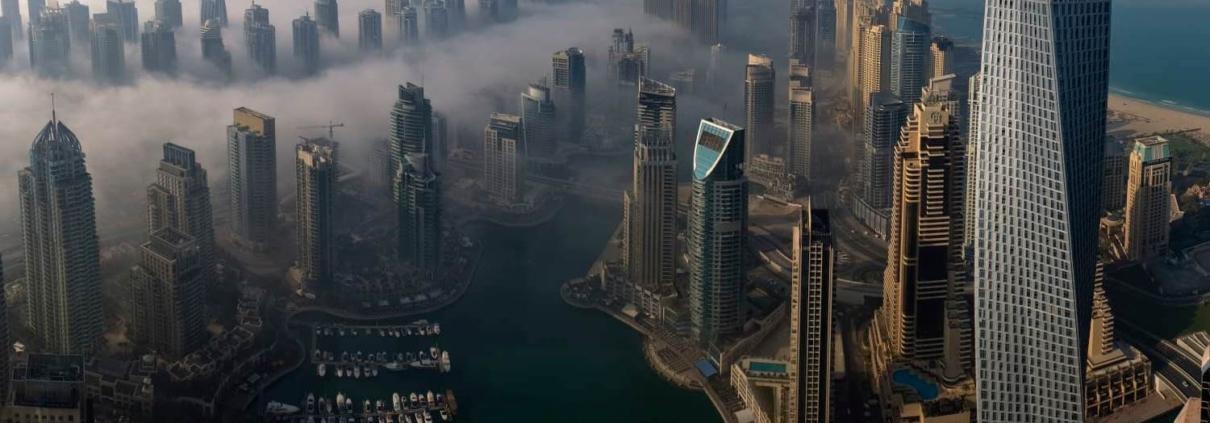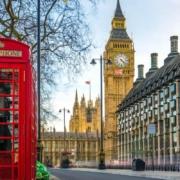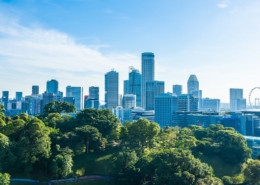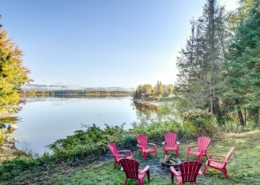Airbnb Regulations in Dubai – Hosts’ Guide
How to Launch a Successful Airbnb Business in Dubai
Introduction: The Expanding Airbnb Market in Dubai
Dubai, a thriving city known for its iconic architecture, luxury shopping, and bustling tourism, has seen a significant increase in the popularity of Airbnb rentals. So, the government of Dubai has put in place new Airbnb rules to make sure that hosts, guests, and the local community can all get along. This article will provide a comprehensive guide to these Airbnb regulations in Dubai, helping hosts navigate the process and stay compliant with the law.
Check out Responsible hosting in Dubai – Airbnb Help Centre
Registering with the Department of Tourism and Commerce Marketing (DTCM)
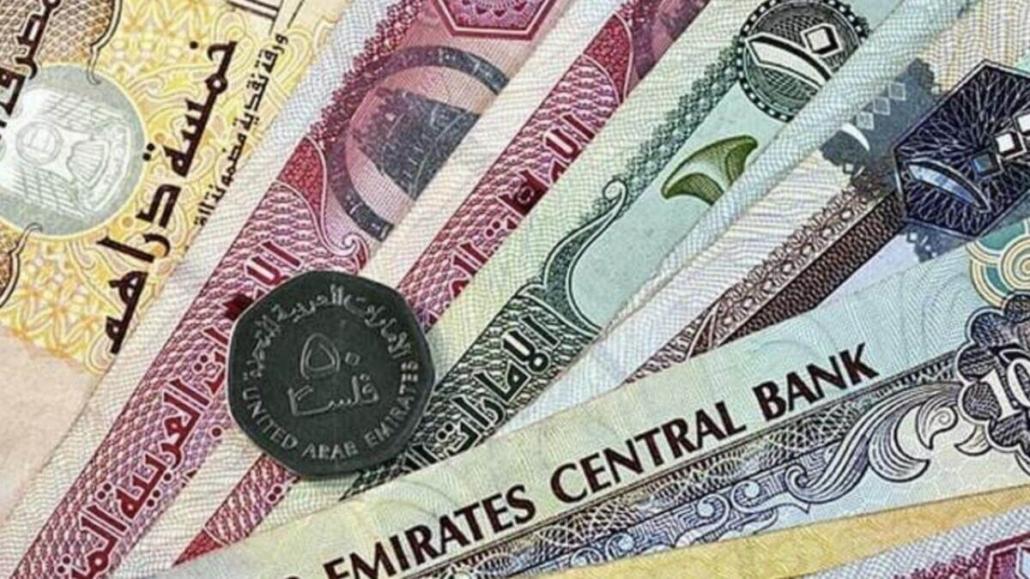
The first step to becoming an Airbnb host in Dubai is to register with the Department of Tourism and Commerce Marketing (DTCM). All hosts must do this, which includes giving information about themselves and their properties and paying the required fees. Upon successful registration, hosts will receive a Tourism Dirham Number, which must be displayed on all Airbnb listings.
Read carefully Holiday Homes | Regulation guide 2020.
Obtaining a Tourism Dirham License and Charging Tourism Dirham Fee
Once registered with the DTCM, hosts must obtain a Tourism Dirham License. This license allows hosts to charge guests a small tourism fee, known as the “Tourism Dirham Fee,” which contributes to the development and promotion of the city’s tourism industry. Hosts bear the responsibility for gathering Tourism Dirham fees from their guests and remitting payment to DTCM before the 16th day of the subsequent month. The prevailing fees stand at AED 15 per night for each occupied Deluxe bedroom and AED 10 per night for each occupied Standard bedroom. The Tourism Dirham fee is to be collected for up to 30 continuous nights of stay and must be distinctly displayed as a separate expense on all invoices or receipts provided to guests, as well as on pricing lists. In all documentation, the Tourism Dirham should consistently be referred to as a fee, not a tax. Check out more here.
Ensuring Property Compliance with Safety and Quality Standards
In Dubai, Airbnb rules say that hosts have to make sure their properties meet certain safety and quality standards. This includes installing smoke detectors, providing fire extinguishers, fire blankets, gloves/torch, and adhering to local building codes. Properties must also be well-maintained, clean, and free of any hazards. If you don’t follow these rules, you could be fined, punished, or even have your hosting privileges taken away.
Acquiring Necessary Permits for Short-Term Rentals
To legally operate a short-term rental in Dubai, hosts must obtain a permit from the DTCM. This means sending in an application with information about the property, proof that you own it, and identification documents. Once granted, the permit must be renewed annually, and hosts are required to maintain accurate records of guest stays.
Abiding by Local Community Rules
In addition to the aforementioned Airbnb regulations in Dubai, hosts must also comply with any rules set by their property’s community or homeowners’ association. These may include restrictions on noise levels, parking, and the use of communal facilities. It’s important to learn these rules so you don’t run into problems or get in trouble.
Understanding Tax Obligations
Hosts are required to comply with the Value Added Tax (VAT) regulations. If your annual rental income exceeds AED 375,000, you must register for VAT and charge your guests the applicable rate (currently 5%). It is crucial to keep accurate records of your rental income and VAT payments, as non-compliance can result in hefty fines.
Tax on Airbnb Income in Dubai: What You Need to Know
Maintaining Accurate Guest Records
As an Airbnb host in Dubai, you must keep accurate records of your guests’ information, such as copies of their passports, details about their visas, and contact information. The DTCM may request access to these records for inspection purposes for a minimum of 12 months.
Respecting Cultural Sensitivities and Local Laws
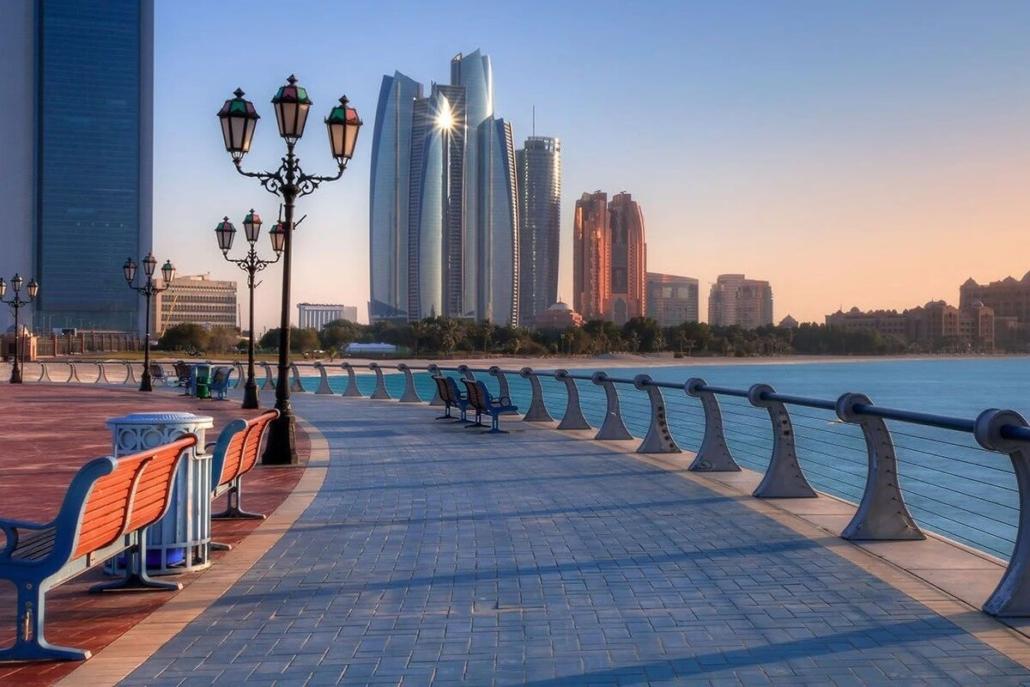
Finally, it is essential for hosts to respect the cultural norms and local laws of Dubai. This means following the rules during the holy month of Ramadan, not showing affection in public, and dressing appropriately in public places. Hosts should also let their guests know what is expected of them so that everyone has a smooth and enjoyable time.
Implementing Sustainable Practices
Airbnb hosts in Dubai are encouraged to adopt sustainable practices to minimize their environmental impact and promote responsible tourism. This can include measures such as conserving water, using energy-efficient appliances, and recycling waste. By incorporating these practices into your rental property, you can not only contribute to the city’s sustainability goals but also enhance your listing’s appeal to eco-conscious travelers.
Keeping Up-to-Date with Changing Regulations
As the short-term rental market in Dubai continues to evolve, it is crucial for hosts to stay informed about any changes to Airbnb regulations. Regularly checking for updates from the DTCM, participating in local host forums, and engaging with the Airbnb community can help you stay compliant and avoid any potential penalties.
Explore Navigating Airbnb Regulations in Los Angeles 2023: Promoting Safety, Neighborliness, and Compliance.
Conclusion: Navigating the Airbnb Regulations in Dubai with Confidence
By knowing and following the Airbnb rules in Dubai, hosts can make sure their guests are safe, have a good time, and don’t break the law. By following this guide, you can confidently navigate the registration process, comply with safety and quality standards, and contribute to the growth of Dubai’s tourism industry. With careful attention to detail and a commitment to providing exceptional guest experiences, you can succeed as an Airbnb host in this vibrant city.

